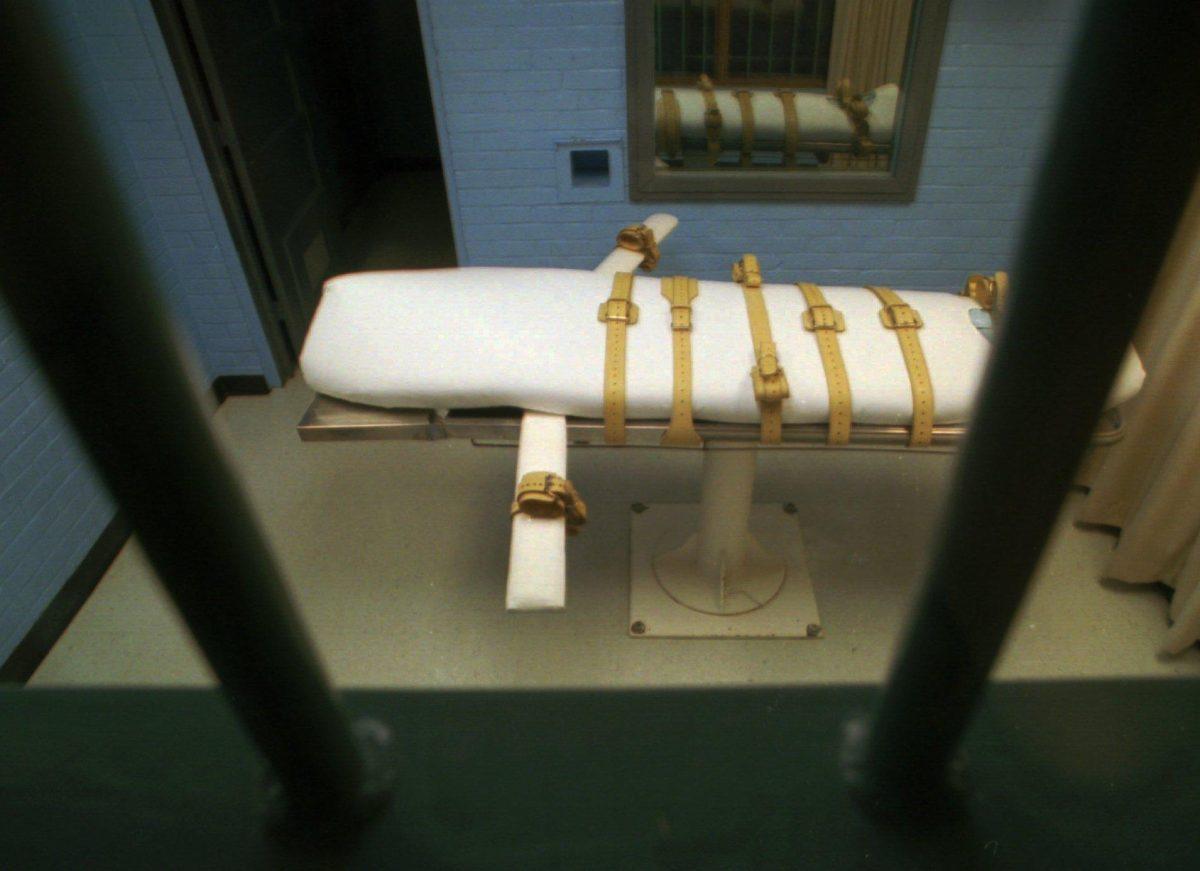Christopher Sepulvado woke up this morning, and he will go back to sleep tonight.
Sepulvado, a 69-year-old Louisiana man, was originally scheduled to be executed Ash Wednesday, but has been granted a stay of execution by a federal judge after spending 20 years on death row.
For those of you on the edge of your figurative seats, the reasoning isn’t exciting.
Louisiana recently joined a growing number of states that have simplified their lethal injection process. The older method, which involved a chemical made up of three drugs, has been replaced by a one-drug concoction due to shortages of one of the three drugs involved in the previous method.
This execution will be the first to use the single-drug method in Louisiana. And it will be the first here since 2010, so the recent stay of execution was granted on the basis that the newer method might be “cruel and unusual.”
In case you were wondering, Sepulvado is being executed for beating and fatally scalding his 6-year-old stepson at their Mansfield home in 1992.
This case brings up the age-old question: Should America allow capital punishment?
I believe that we should be, but only in certain cases.
Christian Longo’s case is a perfect example. Longo ended up on the FBI’s Ten Most Wanted list after murdering his wife, MaryJane, and their three children, Zachary, Sadie and Madison, in Oregon in 2001.
This is a man that deserves to die. But maybe we shouldn’t kill him.
While on death row, Longo started researching organ donation. He wanted to find a way for convicts on death row and other inmates to donate their organs once they are executed — something that is not done.
This project shows even the worst convicts are capable of doing something good.
Many of these people deserve to die, but if they can find a way to make society better, we should keep them alive until they stop doing it.
Let’s test drugs and new medical procedures on death row inmates. Let them develop programs that will benefit society, or maybe write books to be used as warning for young people who may otherwise end up in jail.
The legal system would have to change for this to work. There would probably need to be some type of panel whose job is to review convicts’ potential contributions before deciding if they’re worthy of a stay of execution.
They way I see it, this can only benefit society in the long run and could even lead to some pretty innovative ideas.
I imagine people can get creative when their life literally depends on it.
Like I said, we don’t currently have a system like that in place. I won’t be sad to see Sepulvado and people like him go until we do.
And as far as people who show no remorse or willingness to give back to society, well, when we do find those people, I think justice should be swift and cheap.
I would be perfectly happy to see the return of the guillotine.








